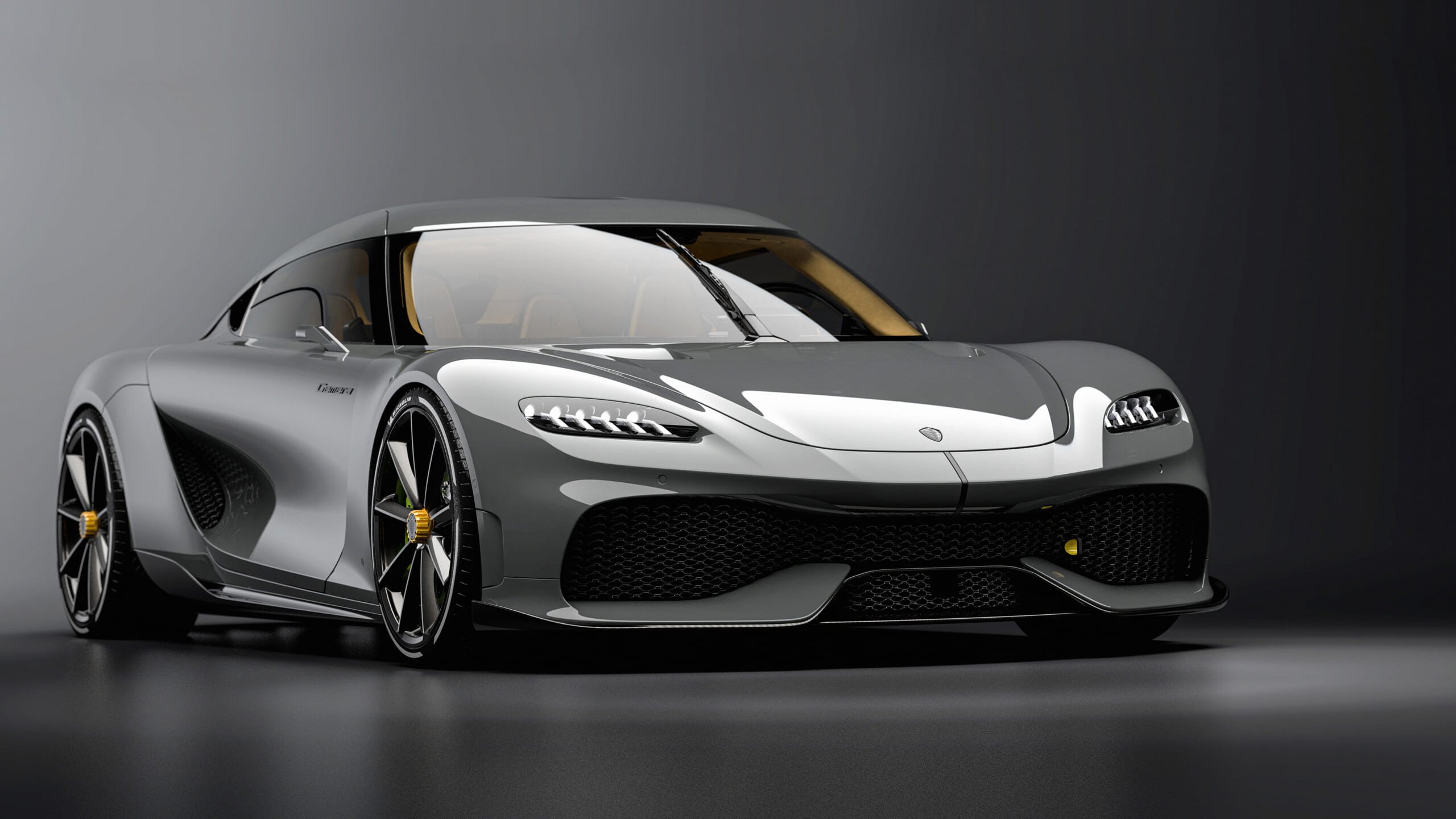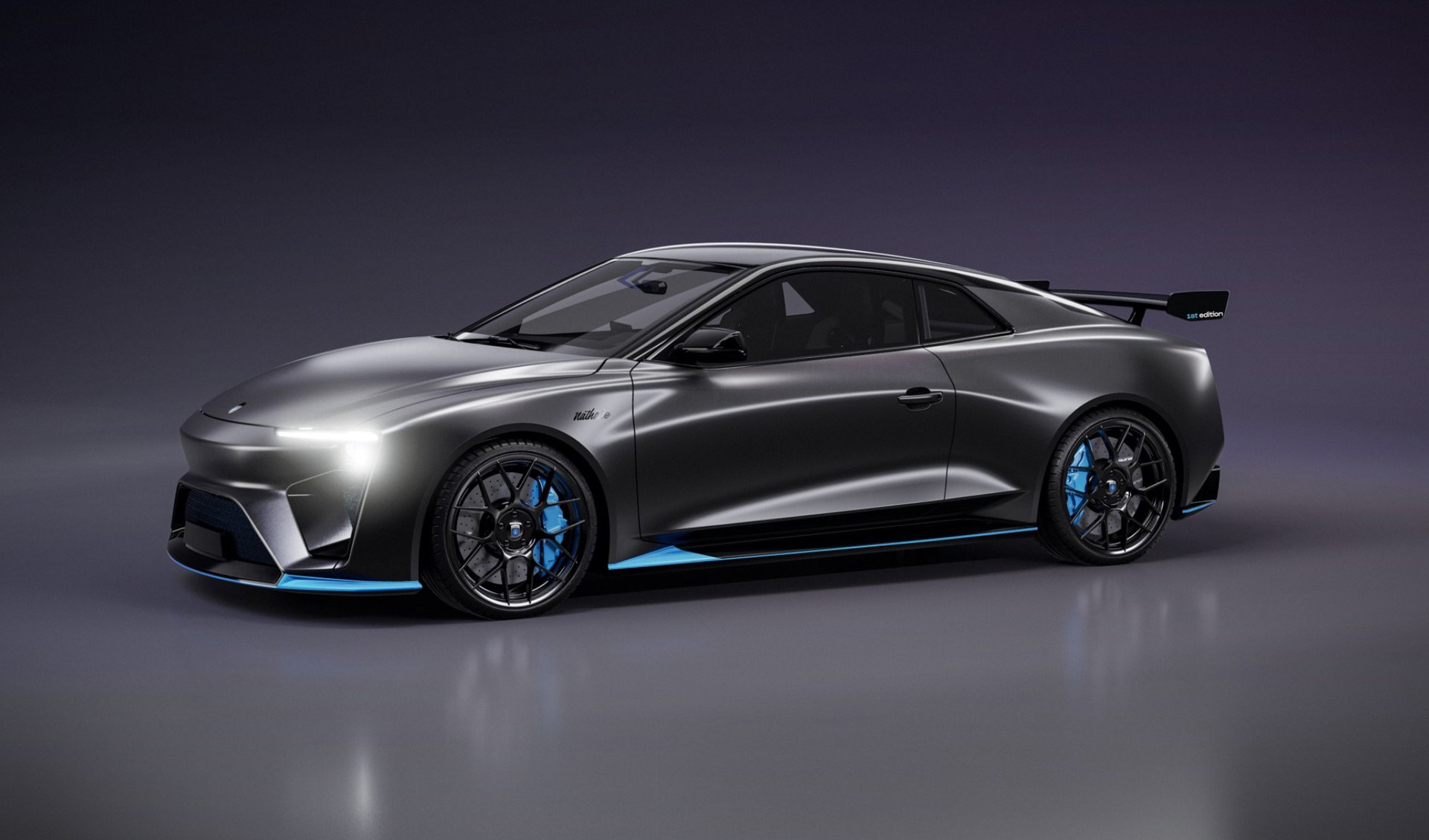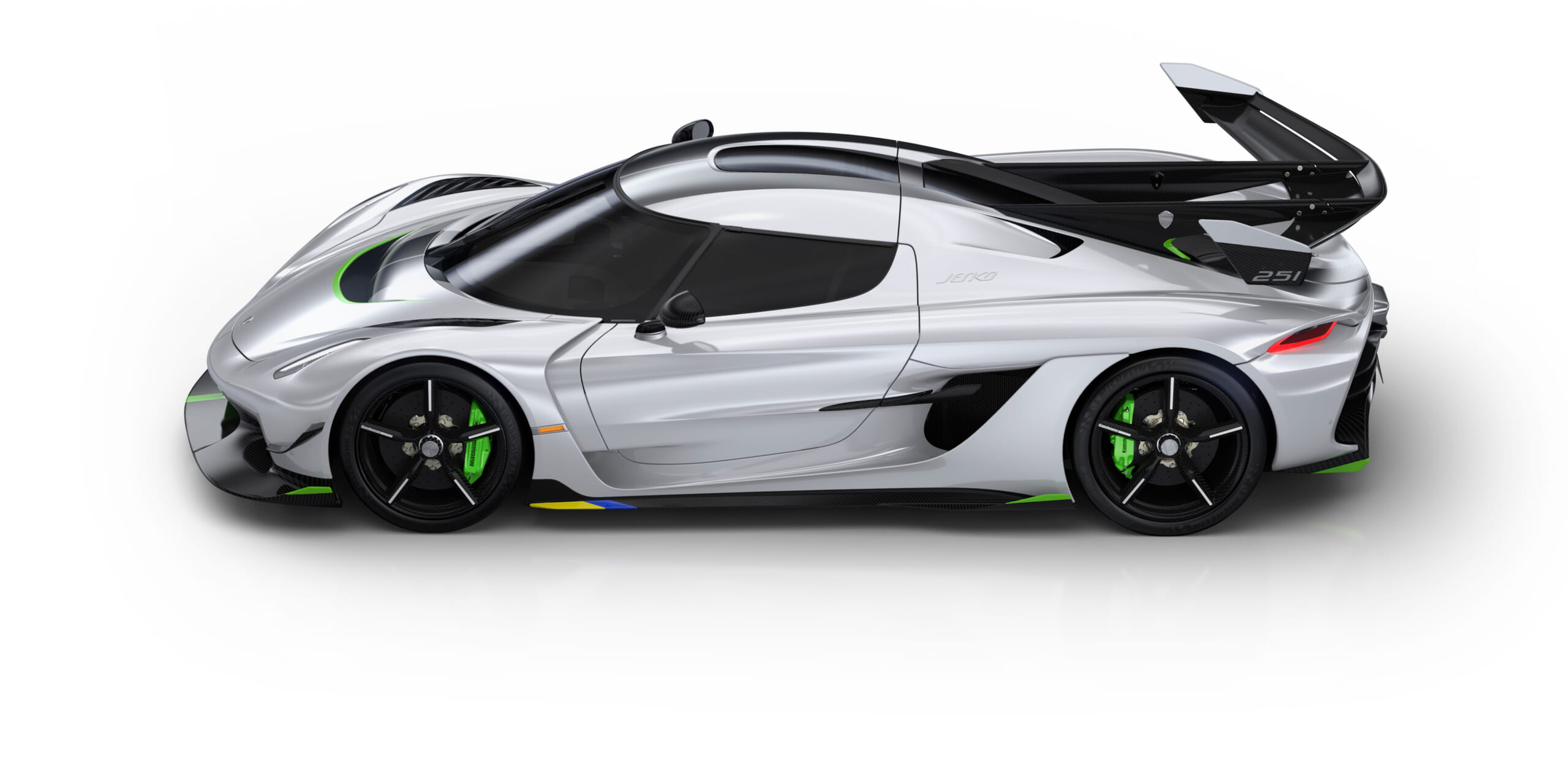Koenigsegg Hypercars Could Soon Run on Volcano-Sourced Fuel
Find out how Icelandic volcanoes could supply the fuel source of the Swedish performance automaker’s next model.

Christian von Koenigsegg wants to reduce his low-volume Swedish hypercar company’s carbon footprint, but not just by switching from combustion to battery-electric-based powertrains.
According to a new interview with Bloomberg, the maker of multimillion-dollar high-performance rides is looking seriously into creating methanol from volcanic byproducts.
Like the ethanol that’s already present gasoline across country, methanol is another type of combustible alcohol. The Drive explains the gist of the process, which involves combining hydrogen with carbon to create a methanol chemical structure that can be used as fuel in cars.
The automotive outlet also points out that ethanol-powered cars are nothing new, having been used in Indy 500 racing for decades. The Gumpert Nathalie super-EV we’ve seen previously also relies on a methanol-based fuel cell to recharge its battery.

But von Koenigsegg is looking specifically at sourcing methanol sustainably by capitalizing on an existing process used widely in Iceland.
“So there is this technology from Iceland, it was invented there, where they cap the CO2 emittance from semi-active volcanoes and convert that into methanol,” he told Bloomberg.
“And if you take that methanol and you power the plants that do the conversion of other fuels and then power the ship that transports the those fuels to Europe or the U.S. or Asia, wherever it goes, you put the fuel completely CO2-neutral into the vehicle. It’s just a fun aspect of renewable fuels that are not talked so much about, but there are many, many other technologies that are coming up.”
As a company, Koenigsegg describes itself as “propulsion agnostic.” Rather than being dedicated entirely to battery-electric or traditional combustible tech, Koenigsegg is open to implementing multiple propulsion systems based on what makes the most sense for a specific model.

“If we take a pure electric sports car, they tend to be quite heavy because you need a quite large battery to have enough range and performance. That goes against the sporty nature of the car,” von Koenigsegg said.
“We mix and match whatever makes the most sense at each given time and for each model. We’re not stuck in traditional combustion technology. The technology we develop there is really next-generation beyond anything else I’ve seen out in the marketplace, and also next-generation electrification, and combining these technologies in an interesting way to make our product stand out and be as competitive as we can with as little environmental footprint as possible.”
All we know is that volcano-powered hypercar has a nice ring to it.
